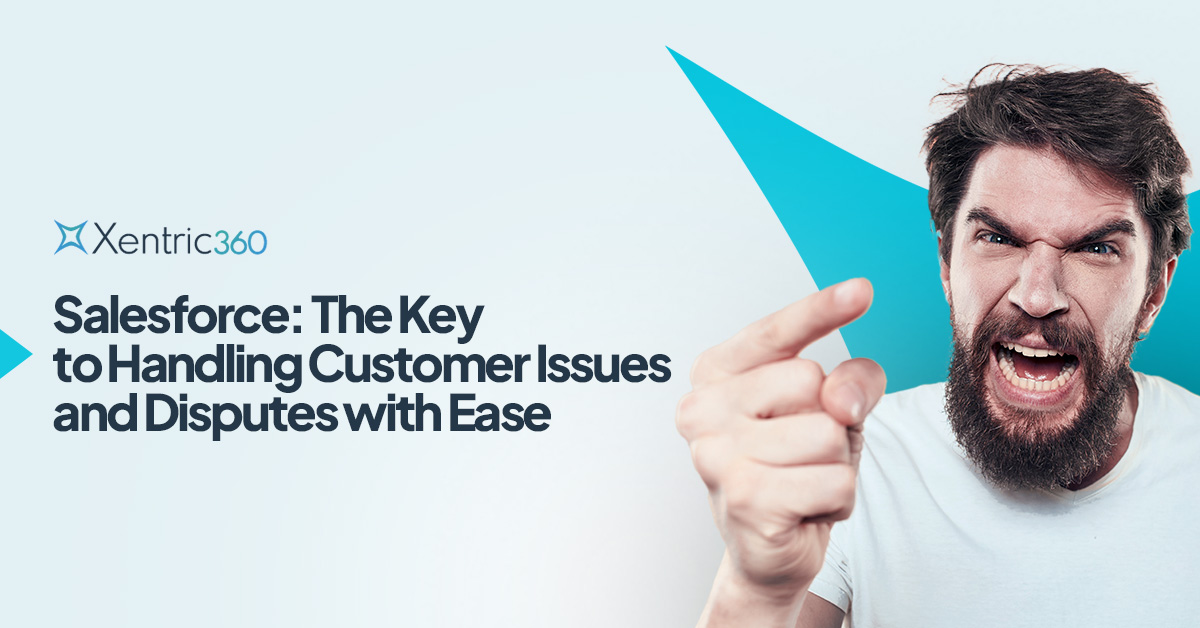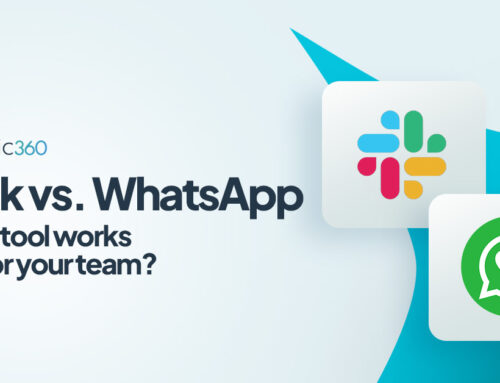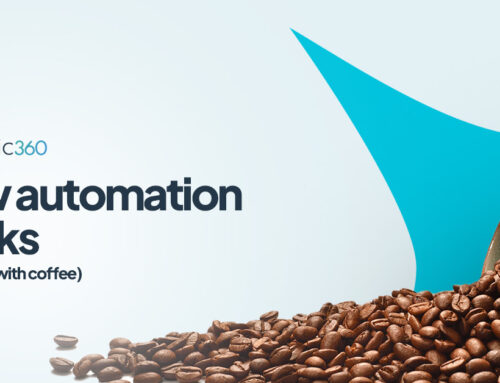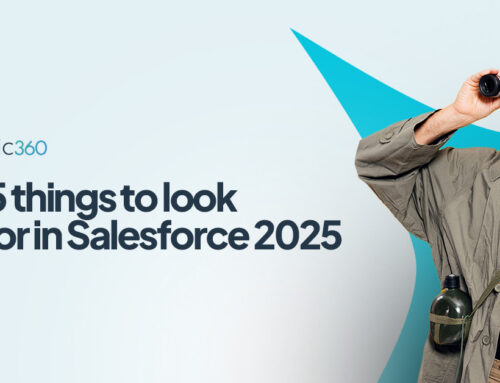At its core, a customer relationship management (CRM) tool is a type of software that allows businesses like yours to not only track interactions with customers, but organize them across the entire sales cycle as well. Soon, you’ll have a complete picture of the journey someone took to go from prospect to satisfied buyer – from that initial point of contact to post-sale support and beyond.
Essentially, it’s a way to build a stronger relationship with customers on an individual level, improving the overall customer experience as well. Tools like Salesforce provide you with the actionable, data-driven insights you need to make the most informed decisions possible with each customer.
This is especially true of customer issues and disputes – two things that many see as a “cost of doing business.” Yes, mistakes happen – but how we address them is perhaps the most important element of all and the right CRM can help you tackle them with ease.
Turning Data Into Insight
In an over-arching sense, the key benefit of any CRM platform like Salesforce rests in the term “relationship.” When leveraged properly, every element of a business’ relationship with its customers is captured for future reference, down to the individual person.
- A customer’s contact information.
- Details about every support call they’ve ever made.
- Their purchase history and other activities.
This is all collected in a centralized database that is accessible by anyone within your organization who needs it at any time.
We’ve all been in a situation where we call customer service, explain an issue in great detail, and then get transferred from person to person until we “reach the right agent that can help us out.” During this time-consuming and frustrating process, we often end up explaining our story from the beginning multiple times.
The larger benefit of that is that, at a glance, you can fully understand a customer’s past and present behavior. By acting as a “single source of truth” for a business, Salesforce’s CRM platform makes sure that every agent is “the right agent.” If they continue to experience the same types of issues or open the same disputes over and over again, you’ll have this critical context. You can approach the situation differently than you would if someone were calling for the first time.
By design, a CRM will give you access to data on ALL customers, allowing you to compare the issue someone is currently having with the normal processes and practices someone goes through. In essence, if this is an incredibly rare issue that no other people regularly contact support about, you’ll know about it and can handle things on a case-by-case basis.
But if huge portions of your audience experience the same problem, you’ll know about that, too. Once the specific customer issue is resolved, you can speak to others within your business to make whatever changes are necessary to prevent the problem from happening again in the first place.
That’s another one of the advantages that the wealth of data and other information generated by Salesforce provides. You start to see patterns generated over time that likely would have otherwise gone undiscovered. This will allow you to solve the customer’s issues more effectively in the future, which will go a long way towards securing loyalty and repeat business as well.
Turning Insight Into Action
Almost by design, Salesforce will only become more valuable as time goes on. This is because, the more information you ingest into it, the better you understand the past of your business and customers and how that insight can inform the future.
Case in point: you’ll quickly get to a point where you can see when certain types of customers are likely about to experience certain types of issues at various points along their relationship with your company. Salesforce will give you the information you need to essentially pre-empt and flag those issues. You can be proactive about resolution, and possibly even prevent the problem from happening at all. You don’t have to wait for something to go wrong so you can step in and address it. You can save everyone involved the trouble.
Regardless of the type of issue your customers are facing, a CRM will allow you to solve these problems quickly. This goes beyond the simple idea of conducting damage control or reputation management. It’s about making sure that everyone is as satisfied as possible at all times in a way that reflects positively on your organization.
In the end, customer relationship management software like Salesforce is more than just a way to keep track of customer issues and disputes in a general sense. It helps you understand why your customers are upset in the first place, allowing you to correct the problem now before it has a chance to become a much bigger (and potentially more expensive) one later on.
Never forget that, regardless of the type of business you’re running, how you address a customer issue is just as important as the fact that you’ve acknowledged it at all. If you don’t make an effort to fully understand the root cause of the issue and the customer’s point of view, you may end up addressing the problem in a general sense while still harming your reputation and relationship with that individual.
When you consider that around 65% of a business’ total revenue will come from those repeat customers, this is a situation you don’t want to find yourself in.
Most customers understand that mistakes happen. Despite the best of intentions, they’re a fact of life. It’s not the fact that they occurred at all that can hurt you – how we fix them is all that matters. People will remember these resolutions and how much work they had to do to get them. They will go on to tell their friends about those experiences, both good and bad. Salesforce can help make sure you wind up in the positive category instead of the negative.
To find out more information about how Salesforce is key to handling customer issues and disputes with ease, or to learn more about what Salesforce can do for your organization, please contact us today.





